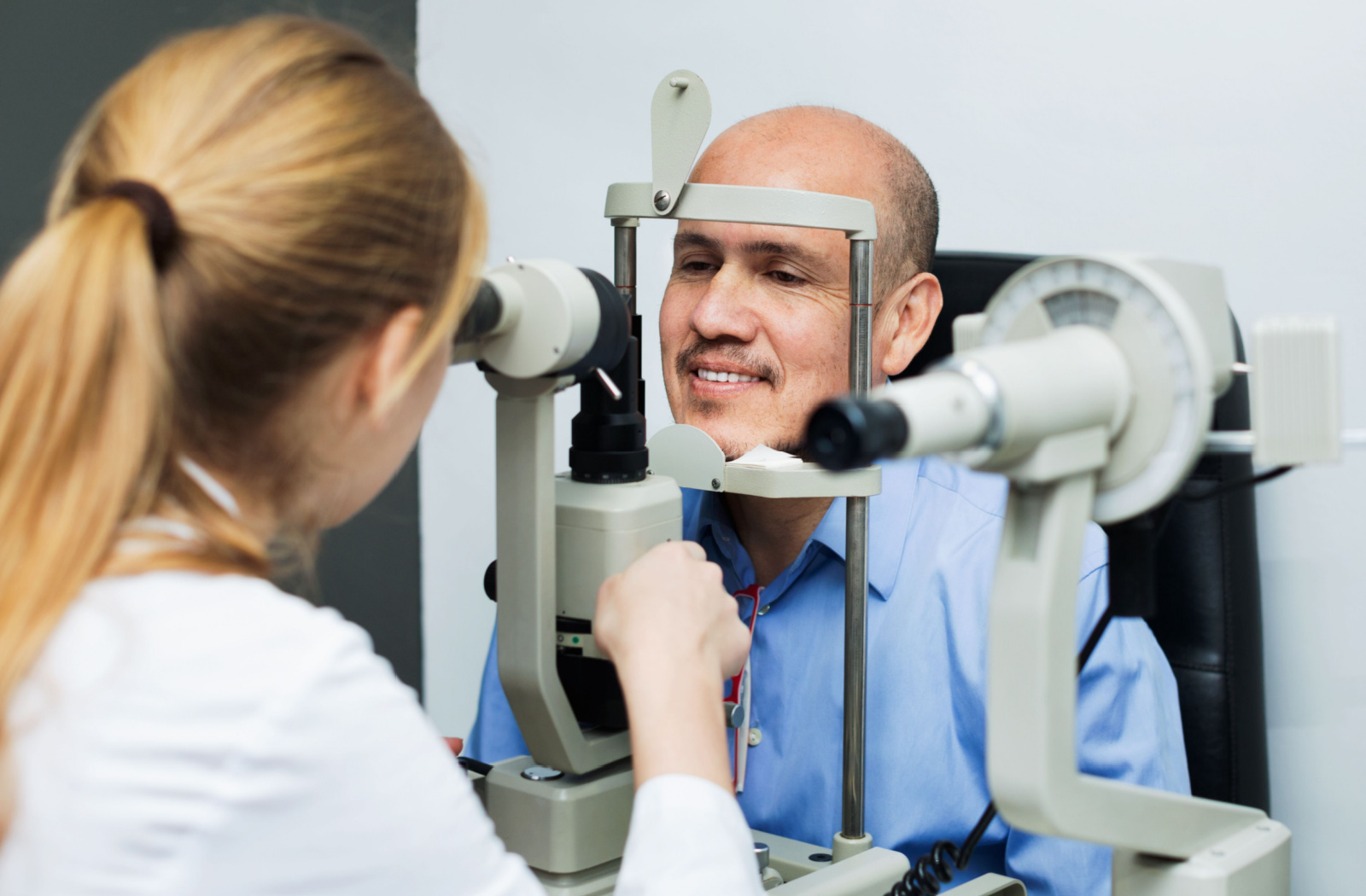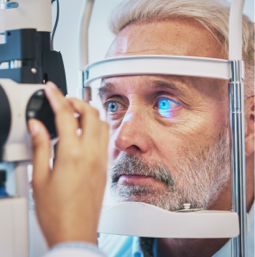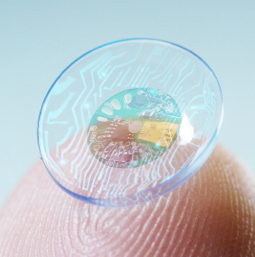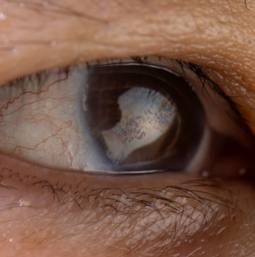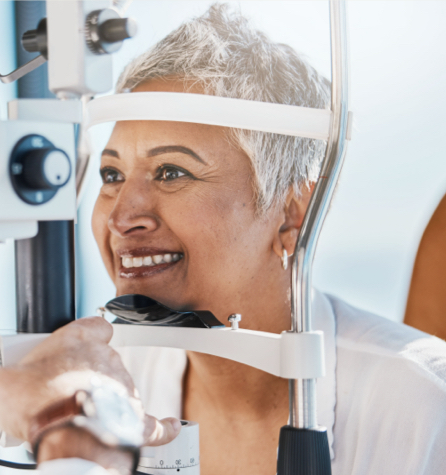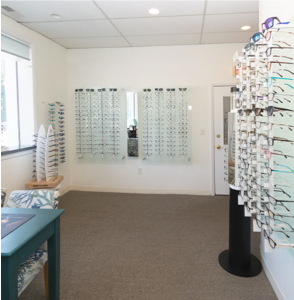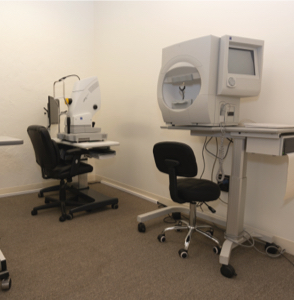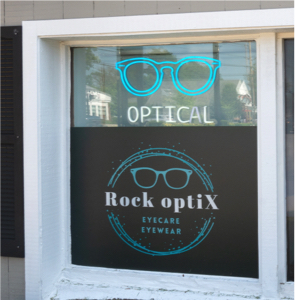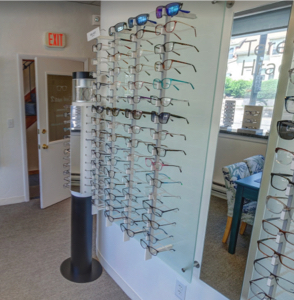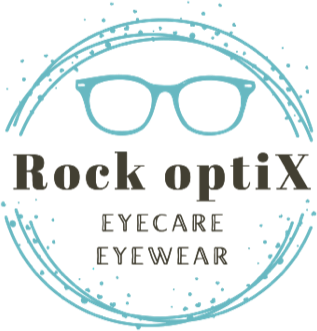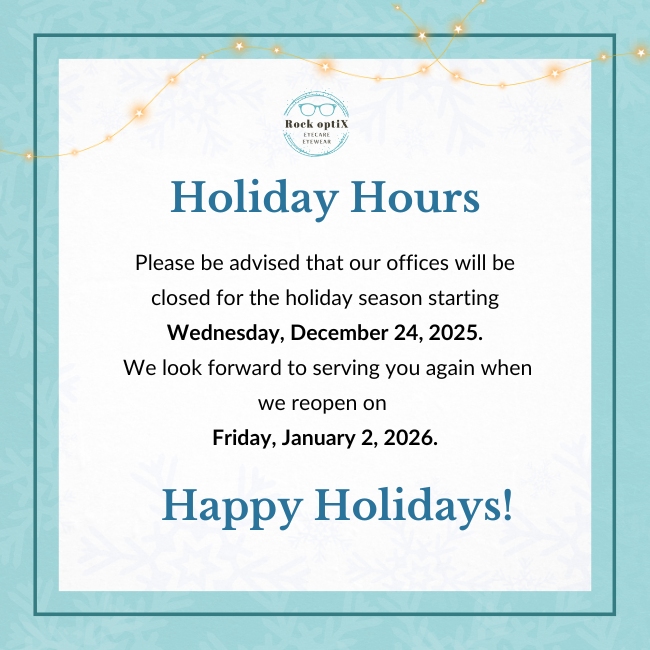A comprehensive eye exam is more than just a quick vision screening; it’s a thorough evaluation of your eye health and visual abilities. Conducted by optometrists or ophthalmologists, these exams involve a series of tests designed to assess the overall health of your eyes, determine your visual acuity, and identify potential problems and eye diseases that might affect your sight in the future.
The Components of a Comprehensive Eye Exam
- Visual Acuity Assessment: This is probably the part most people are familiar with in an eye exam. You’re asked to read letters on a chart from a distance. This test helps determine if you have nearsightedness, farsightedness, or astigmatism.
- Refraction Test: This test helps the eye care professional determine your exact eyeglass prescription. By using different lenses, they fine-tune the correction needed for your specific vision needs.
- Slit Lamp Examination: A slit lamp is used to examine the front of your eye, including the cornea, iris, and lens. This helps detect conditions like cataracts, corneal ulcers, and other abnormalities.
- Dilation: Your pupils are dilated using eye drops to allow the eye care professional to examine the inside of your eye, including the retina, optic nerve, and blood vessels. This is crucial for detecting conditions like diabetic retinopathy, macular degeneration, and glaucoma.
- Intraocular Pressure Measurement: This test helps screen for glaucoma by measuring the pressure within your eye. Elevated intraocular pressure can indicate a risk of damage to the optic nerve.
- Visual Field Test: This evaluates your peripheral vision and helps detect conditions like glaucoma or certain neurological disorders.
Importance of Early Detection
The significance of eye exams lies in their ability to detect eye problems in their infancy. Many eye conditions, such as glaucoma and diabetic retinopathy, don’t exhibit noticeable symptoms until they have progressed significantly. By the time symptoms become evident, irreversible damage may have occurred. Regular comprehensive eye exams can catch these conditions early, providing a better chance of successful treatment and preserving vision.
Beyond Vision Correction
While eyeglasses and contact lenses address visual acuity issues, eye exams go beyond simple correction. They provide insights into your overall eye health, enabling the early detection of various conditions that could affect your quality of life. These exams can uncover not only eye-related issues but also potential indicators of systemic health problems like diabetes, high blood pressure, and certain autoimmune diseases such as lupus.
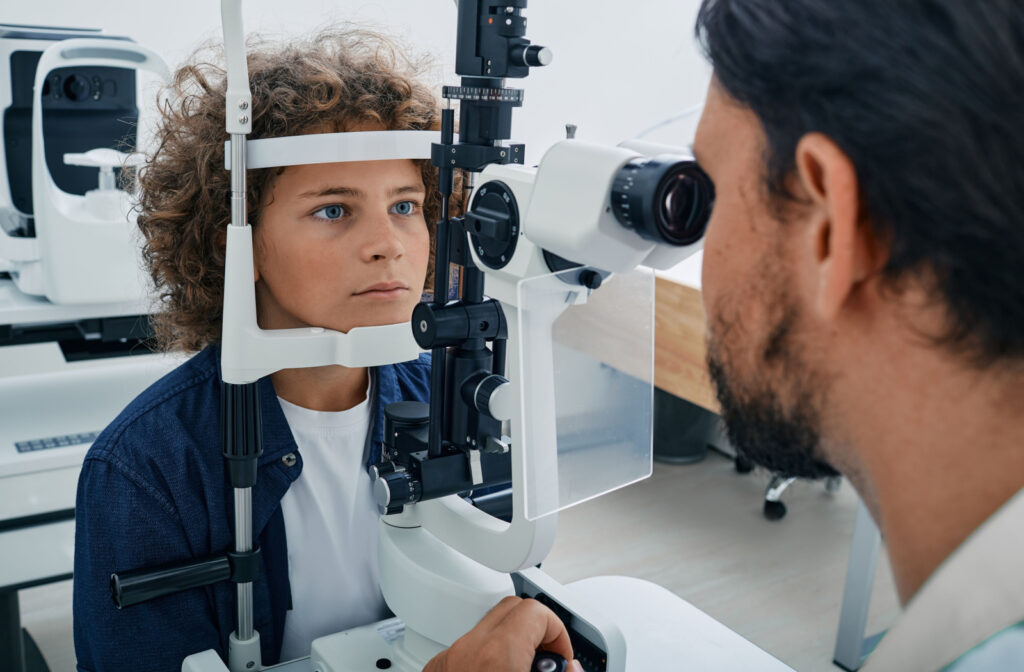
Frequency of Eye Exams
The frequency of eye exams depends on several factors, including age, risk factors, and existing eye conditions. As a general guideline:
- Children should have their first exam at 6 to 12 months
- At least 1 exam between 3 and 5 years of age
- Annual exams from 6 through 17 years of age
- Adults aged 18 to 64 should have an eye exam every two years. Adults with higher risk may need a customized exam schedule to fit their needs.
However, it’s essential to consult your eye care professional to determine the most appropriate schedule for your individual needs.
Importance of Eye Exams For Kids
Regular eye exams for children are crucial for various reasons. Firstly, they aid in the early detection of vision issues that can develop during childhood. Identifying and addressing these problems early can prevent them from worsening and impacting a child’s learning and development. Good vision is essential for academic success, as it affects reading, writing, and understanding visual materials.
Eye exams can also contribute to better hand-eye coordination, which is vital for activities like writing, drawing, and sports. Detecting conditions like amblyopia, commonly known as lazy eye, is another critical aspect. Early intervention can prevent permanent vision loss.
Additionally, eye exams support a child’s social and emotional well-being by boosting self-esteem and improving social interactions. They also play a crucial role in ensuring a child’s safety and overall health, as some systemic health conditions, such as diabetes, can manifest through changes in the eyes.
A Clear Path to Visual Wellness
Our eyes are precious, and their health deserves our attention. A comprehensive eye exam is not just about determining whether you need glasses; it’s a vital tool for safeguarding your vision and overall well-being.
By detecting eye issues early, these exams can prevent or mitigate potential problems, enabling you to enjoy a world of clarity for years to come. Book an appointment today with Rock optiX and get a high-tech experience with old-fashioned customer service.

